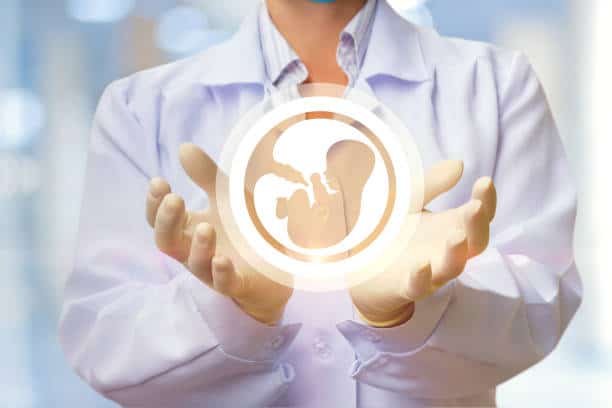In-vitro fertilisation, or IVF, has become a common treatment for couples suffering from infertility since its success rate has steadily increased over the years. The success of an IVF is not solely dependent upon the fertility of the patient or the skills of doctors but also on how the patient cares for themselves. There is a set of responsibilities to ensure that the IVF is successful. So here are some essential things for post-IVF care that will help increase the chances of a successful defence IVF embryo transfer.
What to Do After Embryo Transfer in IVF to Increase the Chances of Success?
- Rest: The doctor at the IVF clinic in Kalyan Dombivli and elsewhere will advise rest for a while after the embryo transfer takes place. The literature confirms that complete bed rest is not required post embryo transfer. It does not change results. Avoid physically straining activities like strenuous exercises, running, jumping, etc. However, working, short distance travel and gentle exercises can be continued. Good sleep and relaxation go a long way as far as results are concerned.
- Healthy diet: Follow a healthy diet. Remember that what you eat will affect your and your baby’s health. If the IVF is successful, the food you eat will contribute to foetal development. Avoid foods high in cholesterol and sugar and processed foods to reduce health complications as the pregnancy progresses.
- Hydrate: Fluids are crucial for cell functioning. Hydrating your cells during this vital phase is essential to ensure the body functions smoothly and that hormones are well-balanced and functioning correctly. These factors are necessary for a successful embryo transfer.
- Reduce stress: Stress can interfere with hormonal balance in the body and cause several issues in pregnancy. Hence, it is vital that you reduce stress as much as possible after undergoing an IVF. Though it is completely atrial to stress about the outcome of the procedures, stressing will only reduce the chances. So, you can practise yoga and other relaxation techniques to keep yourself calm.
- Progesterone supplement: This hormone thickens the uterine lining for implantation. Progesterone supplements and other medications prescribed by your doctor can help increase the hormone in the body leading to the development of thick uterine walls required for implantation.
What to Avoid After IVF Embryo Transfer?
- Missing medication: The doctor will prescribe a list of medicines and dosage recommendations. Ensure you take these medicines at the right time. The right medication is essential for IVF to be a success.
- Sexual intercourse: It is suggested that you refrain from any sexual activities until the pregnancy test. It can cause uterine contractions, which are harmful to IVF transfer. These uterine contractions can affect implantation.
- Strain physically: Reduce strain as much as possible. Try reducing your workload, avoiding strenous physical exercises, and lifting heavy things to reduce the risk of IVF failure.
- Hot tubs: Avoid saunas, hot baths, and bathtubs since the heat can increase the core temperature of your baby and affect implantation. This can lead to spontaneous abortions in the first few weeks of pregnancy.
Takeaway
IVF is a popular fertility treatment. However, how you take care of yourself after and during the IVF treatment will significantly affect the procedure’s success. So make sure you are careful about these things to get the best outcome.
Featured Image Source: https://media.istockphoto.com/id/695988298/photo/in-the-doctors-hands-the-icon-of-the-embryo.jpg?s=612×612&w=0&k=20&c=TTcToVuPHG2rhx2bAM41AOr2gsjU_QdX32lDqQleoN8=

